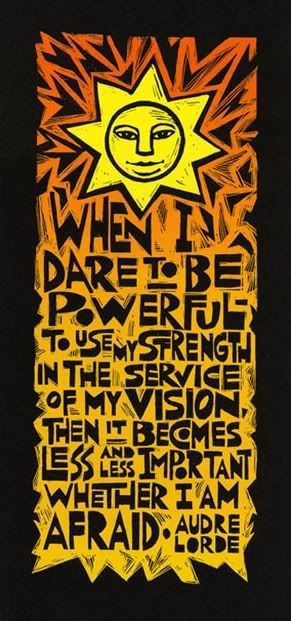An incomplete entry I wrote on my first flight to Rochester to go apartment hunting…
While on the plane flying towards my first trip to Rochester NY, where I will be attending grad school for the next year I took the time to reflect on a lot of things. One of the greatest things about 5 hour flights is having that time where we are forced to slow down. But this flight in particular is important. I’m been in the Bay Area since Sept 10, 2001, and it finally hit me that I’m about to physically leave behind the people, places, and cultural elements that have profoundly shaped my sense of humanity, identity, and knowledge of self, for life. I could write a book about these 6 precious years of my life; but I find particularly significant the last two years. Reflection is important for a number of things. It helps me develop and improve as a person in this world, as a spirit going through a journey of self-actualization and holistic growth, and it validates and gives concrete meaning to the lessons I’ve learned (and have yet to learn) so that when similar situations present themselves I’ll be able to identify a frame of reference much more easily.
Humility: Always stay self-critical. Of course many people could read this and agree that it is a great thing to be. But I’ve encountered situations where I’ve lacked humility and stagnated my own growth. I’ve finally come face to face with the significance of this principle and how this self-checking mechanism also develops the character and maturity of individuals. Humility also helps me become better at being myself; better at anything I practice, better at developing relationships with others, better at assessing any situation. Humility allows me to be honest with myself and develop knowledge of self. Humility is a spiritual principle as well. It allows me to ask whether I’m being true to the spiritual journey I have accepted to take and whether I’m moving in the right direction.
Character over reputation.: This is a principle adopted by one of my mentors. Although I believe it’s geared towards self-reflection, to me it’s is particularly significant in developing relationships with others both in personal intimate situations, but also in assessing people who stand out as leaders within the movement for social change and justice for oppressed folks. As a developing educator that views my line of work as developing a world of critical thinkers, I tend to look out to others who are more experienced, actualized, and successful leaders in education. It isn’t enough to judge a person by the accomplishments they’ve been recognized for. I’m the type of person who a lot of the time learns the hard way: by fuckin up, big time. I’ve been seriously wronged by attempting to develop intimate relationships with others, trusting that their character (what they do when nobody is looking) will coincide with the work that they have been recognized for. I’ve also blindly trusted my judgments upon people based on their relationships with others I trust. It takes a lot of time and close evaluation of others before feeling like I can begin to develop a relationship with them. It’s a dangerous thing to place somebody in a bubble of romanticized greatness as many do with revolutionary leaders like Che Guevara, Malcolm X, and Toussaint L’overature. All of these people have been brave enough to take risks to defend humanity, but they’ve also had their share of human faults. I think this is a lot easier said than done, and so my goal is to be conscious about the reasons I choose to trust others.
Loyalty: This is a principle I’ve been learning about all my life and each stage of my life presents itself with a more developed appreciation for this virtue. It’s always been one of the first tools I use to assess others with. At this stage in my life where I am seeking further grounding, I’ve become conscious of the importance of loyalty in developing relationships that last. Loyalty is a major quality in assessing the character of others as well as my own. It is also something I should be careful about. I can honestly say I’m usually (though not always) a person who’s loyal to a lot of people who haven’t been necessarily loyal to me. This can be a strength. It can also be a trap. There’s a serious need for me to assess who I choose to trust by evaluating their level of loyalty. Sometimes I’ve also found that people reveal themselves unexpectedly in good and bad ways by their actions around being loyal. Some have kept their loyalty after serious fallouts when I expected them not to, while others I’ve been hurt by due to their inconsistency around this principle. Assessing loyalty is a sifting mechanism- one of the ways we can make choices about who to keep near and who to keep at a distance.
…
Sunday, June 24, 2007
Subscribe to:
Post Comments (Atom)




No comments:
Post a Comment